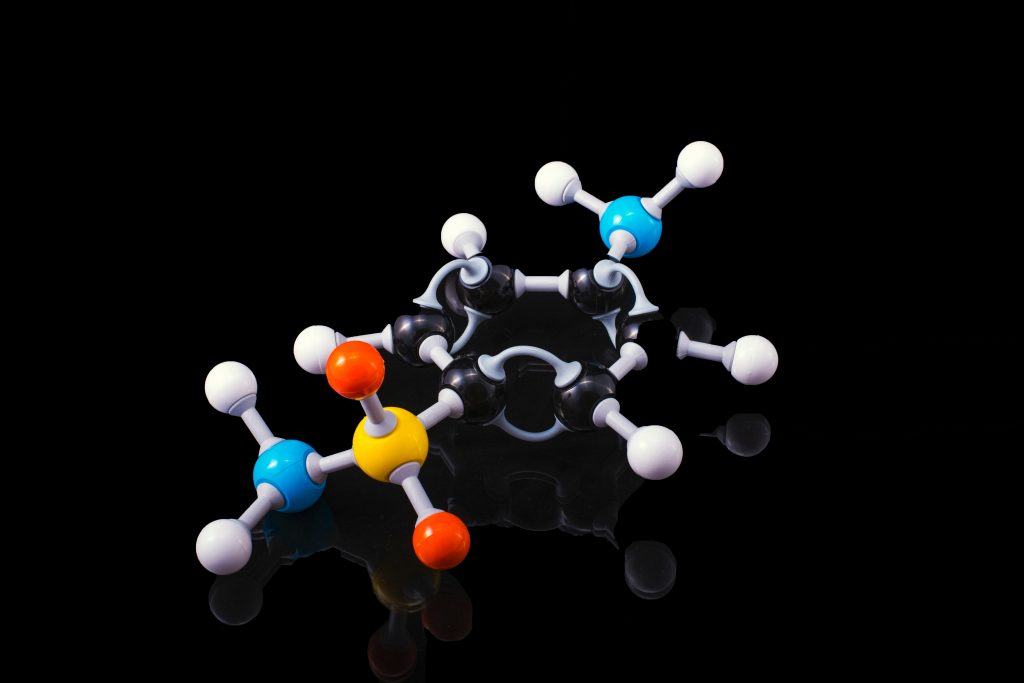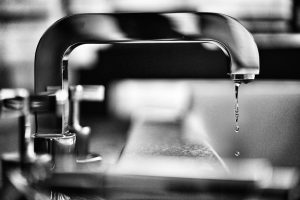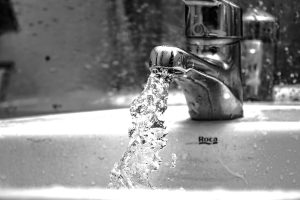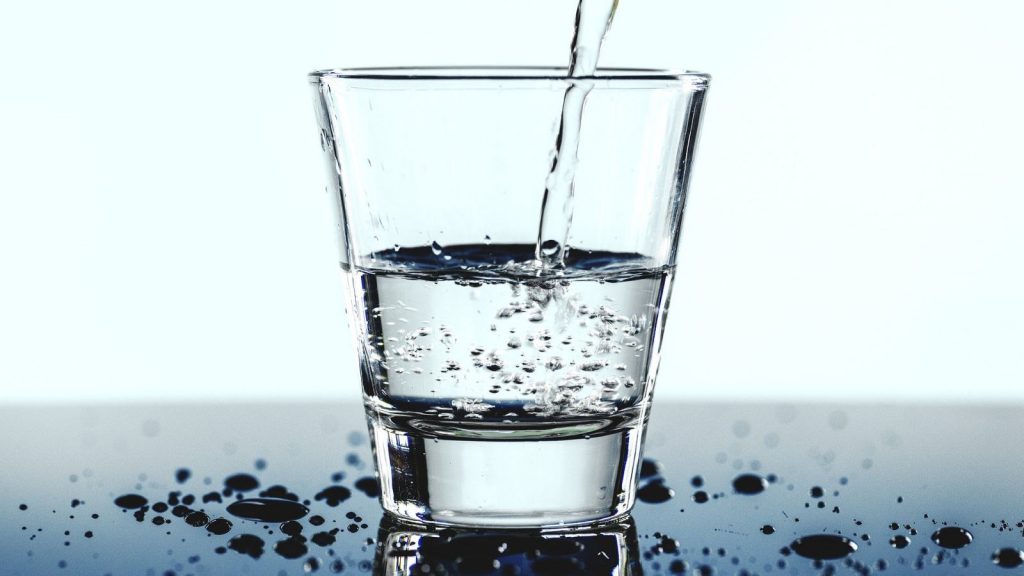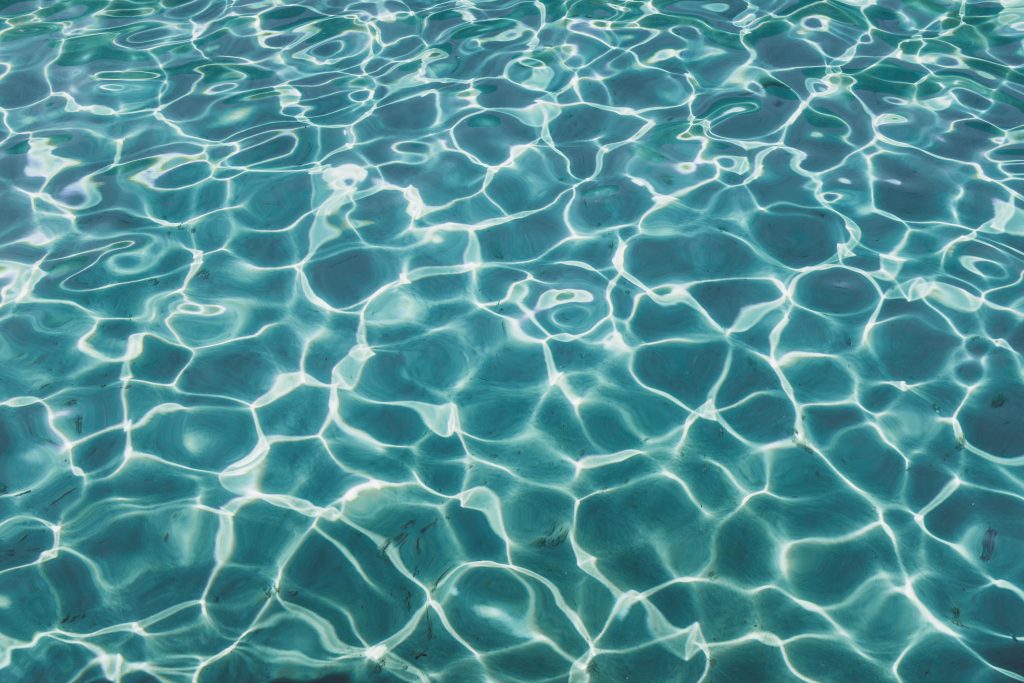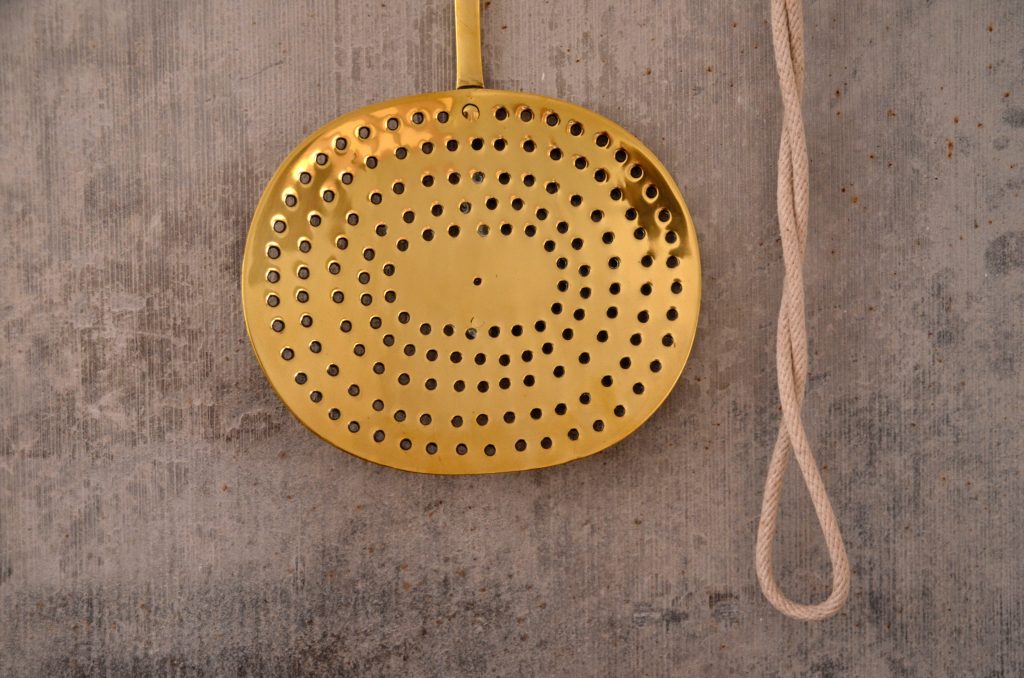Deionized water, also called DI water, is purified water with a shallow ion content. That means it does not contain any minerals like sodium or potassium ions in the form of salts.
Deionized water can be used for numerous applications in industries such as biological research and food processing. That is because it is safe to use with sensitive instruments and chemical compounds. While there’s not much reliable information about deionized water, you can trust to get the correct answers to your deionized-related questions here. In addition, you’ll learn what deionized water is and its applications at home and in industries. It is worth noting that in Phoenix, drinking water is often treated with deionization to remove impurities and minerals, making Phoenix drinking water safer and more palatable.
What is Deionized Water?
Deionized water is a form of pure, clean water purified by removing atoms, ions, and molecules from tap water through an ion exchange process. Deionization removes dissolved particles such as salt (sodium chloride), minerals, carbon dioxide, organic contaminants, and other impurities from water.
It is a purification process used in both industrial applications and potable water production for human and industrial use. It is also sometimes known as demineralized water or DM water, reflecting the absence of minerals.
Many homeowners confuse deionized water with distilled water, but these two types of water are pretty different.
Deionized vs. Distilled Water
Distilled water is clean water purified by boiling until its components become vapor, which can cool down into pure distilled water. On the other hand, Deionized water gets produced by passing the source water through a cation or anion exchange system, which removes all ions.
The main difference between these two types of water comes in the form of purity. Deionized water is the purest form of water available and, in some cases, can be considered a type of synthetic water. However, distilled water does not contain any impurities and therefore has fewer contaminants than deionized water.
What is the pH of Deionized Water?
Deionized water lacks ions and so should have a neutral concentration which is pH 7. However, that’s not always the case since the water always comes into contact with atmospheric CO2 to form a weak carbonic acid, reducing the pH to 5.5.
It’s important to note that the pH only drops after exposing the water to atmospheric CO2. Therefore, the initial pH reading should be a neutral pH of 7. Anything lower than that should be an indication of a faulty measuring instrument.
What is Deionized Water used for? The 8 Main Uses of Deionized Water
Deionized water has many industrial and residential uses that make it a must-have for many. The list below includes the primary uses of deionized water.
Deionized Water used in Laboratories for Reagents
One of the primary uses for deionized water is as a reagent in laboratories. It helps eliminate impurities coming from the tap or bottled waters in the laboratories for chemical reactions in lab experiments.
Deionizing removes ions and other unwanted particles, which reduces chemical reactions between dissolved solids. This makes the solution purer, with fewer substances left behind.
Laboratory technicians can manufacture the right medical products with a suitable chemical composition for pure and neutral water.
Consider an example where a chemist wants to create saline or another solution infused into the body. In this scenario, their water must first be deionized before they use it to make saline.
Using tap water that contains impurities will lead to adverse health effects for the end-user.
Deionized Water used for Reverse Osmosis Systems
When considering the quality of your drinking water, you may wonder about the differences between reverse osmosis vs distilled water. Reverse osmosis is a process that uses deionized water to filter out salt and other ions from the tap or bottled waters you use in your home. However, in reverse osmosis, the deionized water helps to remove the dissolved salts and oxygen in your home water.
Use it to Wash Your Humidifier
Using deionized water to clean your humidifier can help keep it working correctly. Demineralizing the water before you use it will eliminate any buildup that might have occurred while cleaning and prevent mineral deposits on or in the appliance.
So if you want to keep your home’s humidity in check, start by taking care of your humidifier with the help of deionized water.
Use it in Your Aquarium
If you have an aquarium, using deionized water to give your fish a clean and healthy environment can help them live longer. Just remember that the ph water level should be between seven and eight, so it does not harm any sea life in your tank.
De-mineralizing home tap water before adding it to your aquarium is a great way to keep them healthy and happy. So if you want clean home appliances that ensure your comfort, as well as healthy fish, consider adding deionized water to your daily routine for cleaner results.
It’s Ideal for Cleaning Your Car Parts
Another important use for deionized water is cleaning car parts like windshield, radiator, and car engine. You can equally use it to dilute concentrated antifreeze to help keep mineral salts out of your engine.
Effective for Extinguishing Fire
Demineralized water is also an adequate fire extinguisher. Its low electrical conductivity makes it the perfect choice for putting out fires caused by gasoline and other chemicals.
Used to Reduce Heavy Metal Toxicity in the Body
Deionized water is used for flushing out and reducing the toxicity of heavy metals from the body. Doctors can recommend it as part of a special diet or cleanse to help patients eliminate the excess metal concentration in their bodies.
Use it to Clean Surface Tops
The demineralized water is a great choice to use on surfaces that you can easily scratch. This includes countertops and wood furniture with smooth finishes. It works well for glass, metal, and plastic as well. Demineralized water also can dissolve wax, so it makes an excellent cleaner for waxy surfaces.
Final Thoughts
Demineralized water is beneficial for many purposes. It’s great to use around the home and can be an effective tool for cleaning supplies. DI water is also greatly useful in industrial processes as a critical component for manufacturing drugs and other chemical products. Whether you want to use it at home or for industrial purposes, you can always trust it will do a satisfactory job.


